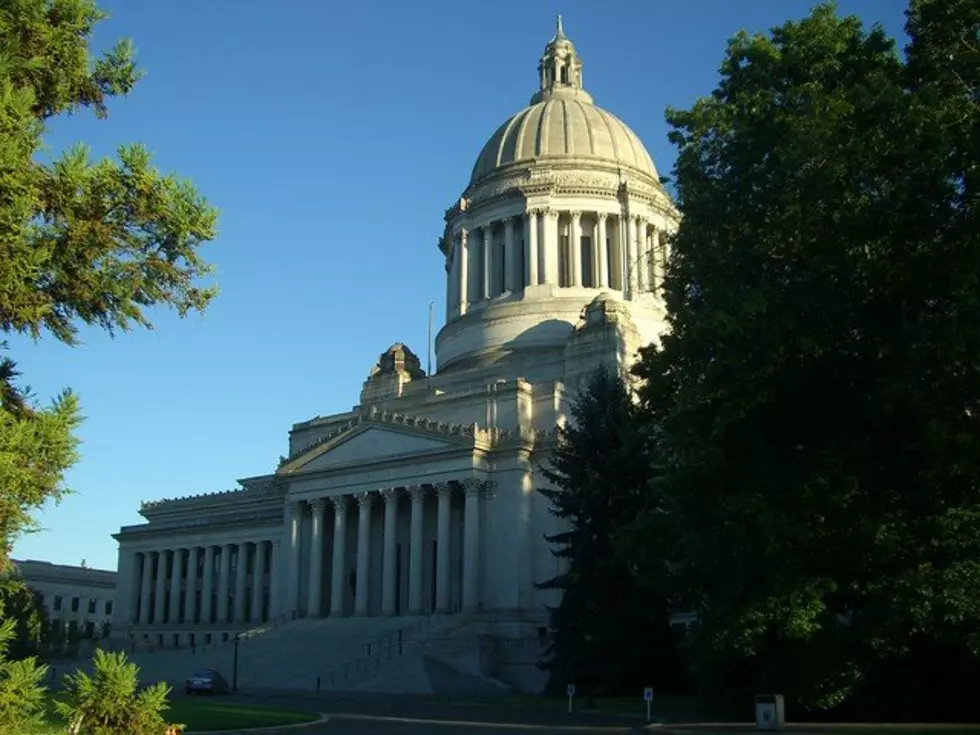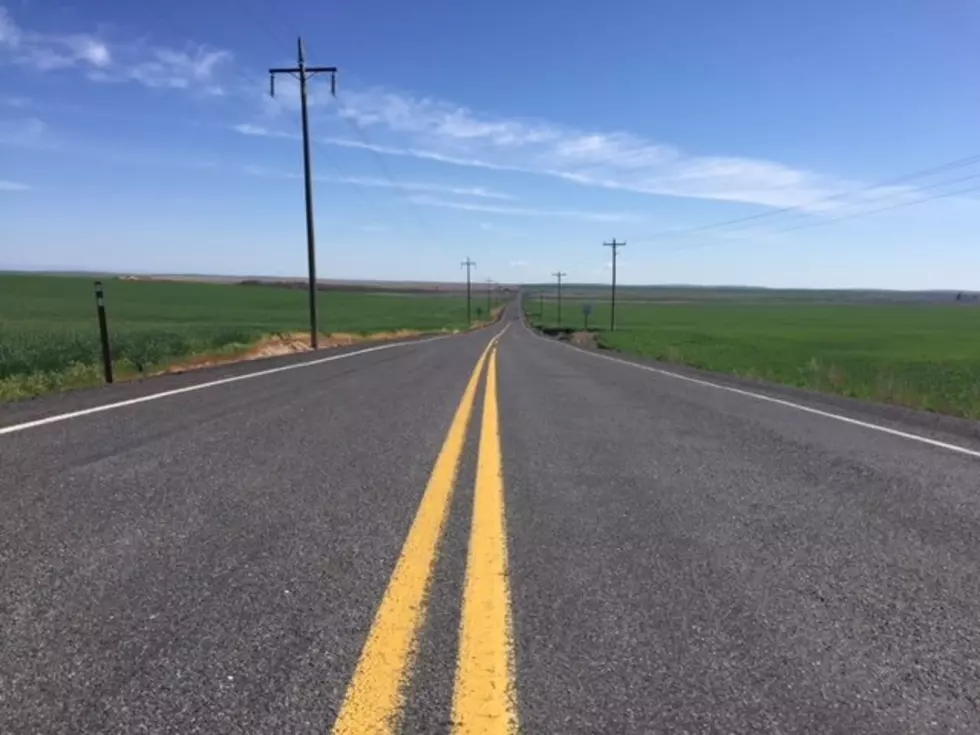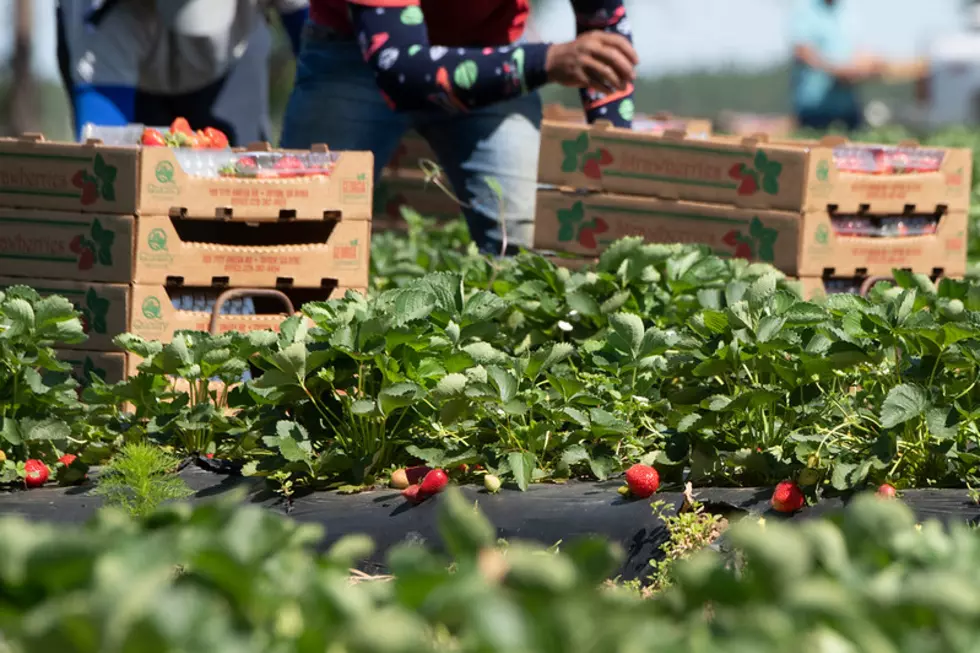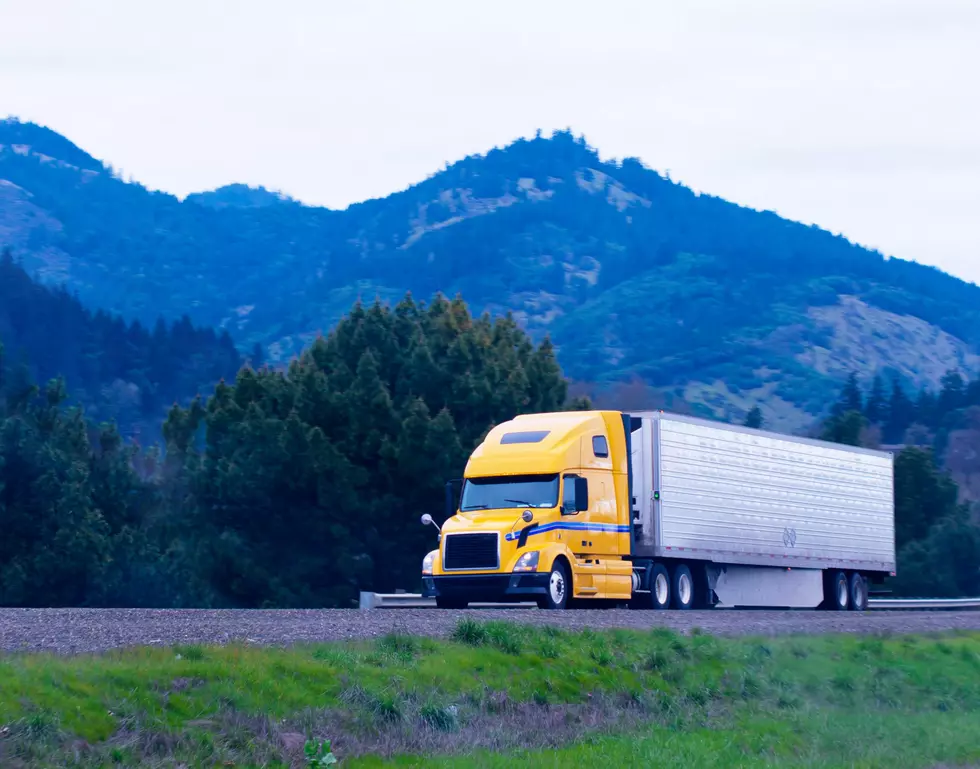
Truckers Rally Against Cap And Trade In Salem
It’s not just Oregon’s Ag community voicing opposition to proposed Cap and Trade legislation.
Dozens of industrial trucks drove laps around the state Capitol Wednesday, blaring their horns and releasing plumes of diesel into the air as part of a demonstration against Oregon’s climate policies that loggers and truckers say will devastate their business. Wednesday’s demonstration came as a key legislative panel approved a cap-and-trade program to reduce greenhouse gas emissions, setting House Bill 2020 for a full floor vote.
Supporters of the legislation say the bill, along with another addressing diesel emissions from heavy-duty trucks, are meant to reduce the emissions behind global warming and stem the tide of climate change.
Several Ag communities in Oregon, including the Oregon Farm Bureau, state lawmakers, and the Oregon Cattlemen’s Association have expressed concern what House Bill 2020 could do to the state’s farming economy.
Some employers have welcomed the changes, saying cap and trade has been carefully negotiated for over a decade and will actually bring new, high paying jobs to some of the most remote parts of Oregon.
“This actually opens the door to an incredible amount of high paying jobs,” said Matt Swanson with the Northwest Carpenters Union, which represents carpenters and construction workers. “As we transition to cleaner technology, we will need more construction workers on the ground, including in rural areas, to build new infrastructure.”
The program sets aside $10 million every two years for investments in transitioning displaced workers to clean energy jobs, providing unemployment benefits plus career and technical training. There are also wage and labor standards built in to ensure these new jobs offer fair pay and other worker benefits.
But truckers and loggers say that there’s no reason for the state to move forward with such an ambitious climate platform since Oregon’s emissions make up far less than one percent of the global problem. Workers add that such emissions changes would put them out of business, raising fuel and equipment costs.
“It’s the height of conceit and arrogance to say that we are responsible for this issue or that we could even do anything to fix it,” said Gregg Budge, who owns his own trucking company in Vernonia, northwest of Portland. “If their concept of climate change is a real thing, Oregon is such a minuscule part of this world that this legislation would do nothing.”
Under a cap-and-trade program, the state puts an overall limit on emissions and auctions off pollution permits or “allowances” for each ton of carbon industries plan to emit. Only the largest polluters are targeted, and the idea is that as the emissions limit becomes stricter over time, it will be in industries’ financial interest to switch to green technology. The state ultimately aims to reduce emissions to 80% below 1990 levels by 2050.
If you have a story idea for the Washington Ag Network, call (509) 547-1618, or e-mail gvaagen@cherrycreekradio.com
More From PNW Ag Network









